“I’m not sick!” Apart from the usual aches and pains and snuffles and sneezes I am not by virtue of my disability-‘sick’ and I do not need fixing or healing. On occasion, on overseas jaunts, in some religiously focussed sectors of society, well-meaning devout locals have offered to pray for me, as they gleefully seize upon me doing my best to move around the tourist hotspots. Nothing is more patronising and annoying – perhaps they could look in the mirror before they proffer their sanctimonious prayers upon on me. Cos I ain’t sick.
Well, try telling that to the Health & Disability review committee who, amongst much fanfare, released the (wait for it…) ‘Health and Disability review’. While I thought that there were some positives in the review, such as the new Proposed Entity NZ Health being a leading employer of disabled people, there were many shortfalls. Like many other disabled Advocates, I felt that disability services was tacked onto the review as an after-thought. One thing that really surprised me in the review was the recommendation that Disability Support Services should be transferred to the District Health Boards over time.
Currently people over the age of 65 are supported by DHBs who do a Needs Assessments and administer their funding for home based support and residential services, while disabled people go to the under 65 Needs Assessment and Service Coordination (NASC) agency which is in Northland delivered by NorthAble.
I remember back in the early 2000’s when the first NZ Disability Strategy was launched and the government was considering devolving services down to local levels it was considered that DHBs would not be a good fit for many younger people with disabilities as they already felt alienated by the health system. In fact the members of the NZ Disability Strategy Reference Group wrote a letter to Hon Lianne Dalziel then the Minister for Disability Issues expressing strong opposition to such a move. So why 20 years on are we thinking of doing the same thing?
Maybe it was because there were no disabled people on the Review Expert Panel or the Maori Expert Advisory Panel or any disability expert for that matter.
The review talked a lot about the need for a change in organisational culture. It recommended that the DHB Board members should be appointed rather than being elected. However, it didn’t talk about disabled people needing to have representation on those boards.
Disabled people in general don’t see themselves as ‘sick’, – they may have an impairment that needs support so their environment and communities don’t disable them. There is a general consensus in the disabled community that we do not want to be lumped in with health. Most of us would prefer our own disability authority that would preside over our services in a holistic way, including housing, transport and employment. For the last 20 years disabled people have been striving for society to view disability through a lens of the Social Model of disability where an individual may have an impairment but it is society or their community that disables them. The older model, the Medical Model, which disabled people are trying to move away from, focuses on the disability as the problem (or illness) that needs to be fixed. The disability sector has been historically attached to the Health Sector, by continually being coupled under the umbrella of the “Health and Disability system”. I’ll say it again –please don’t try and fix me – whether through well-meaning health or religious efforts – ‘Disability’ does not equal sick and if it ain’t broke…
Jonny Wilkinson is the CEO of Tiaho Trust – Disability A Matter of Perception. A Whangarei based disability advocacy organisation.
